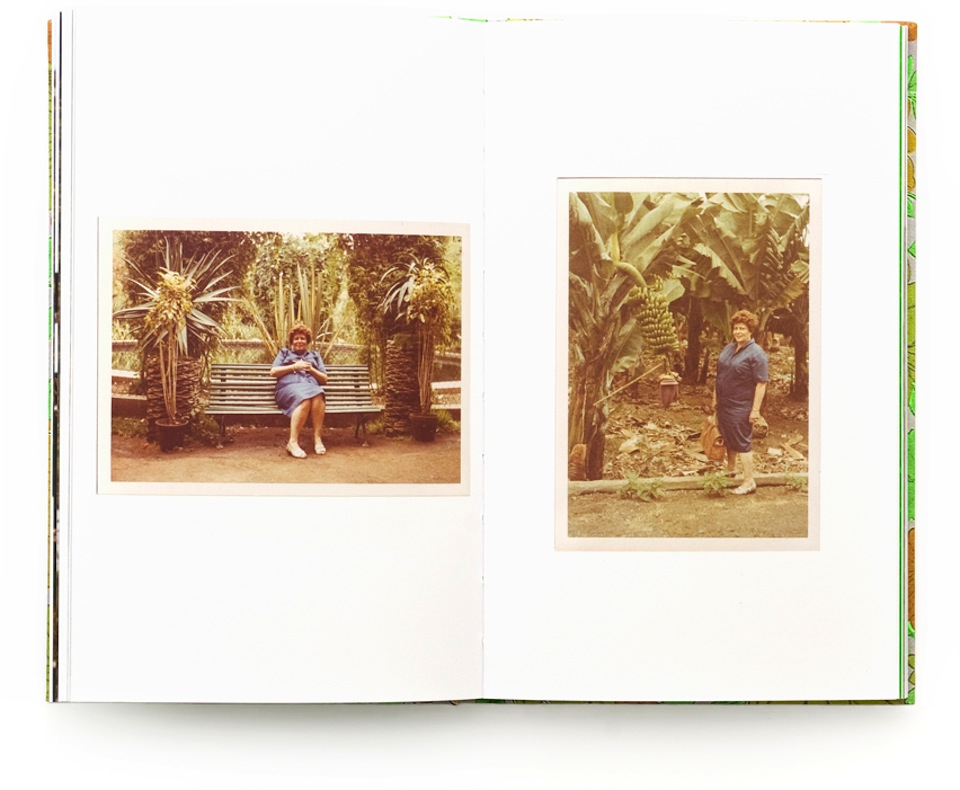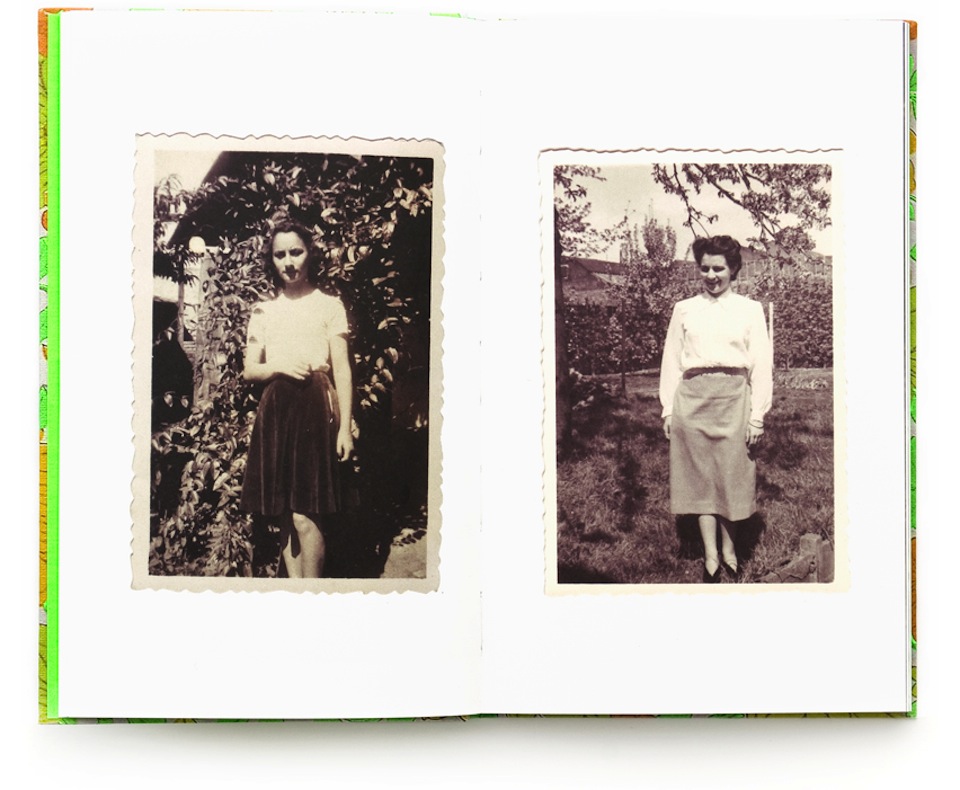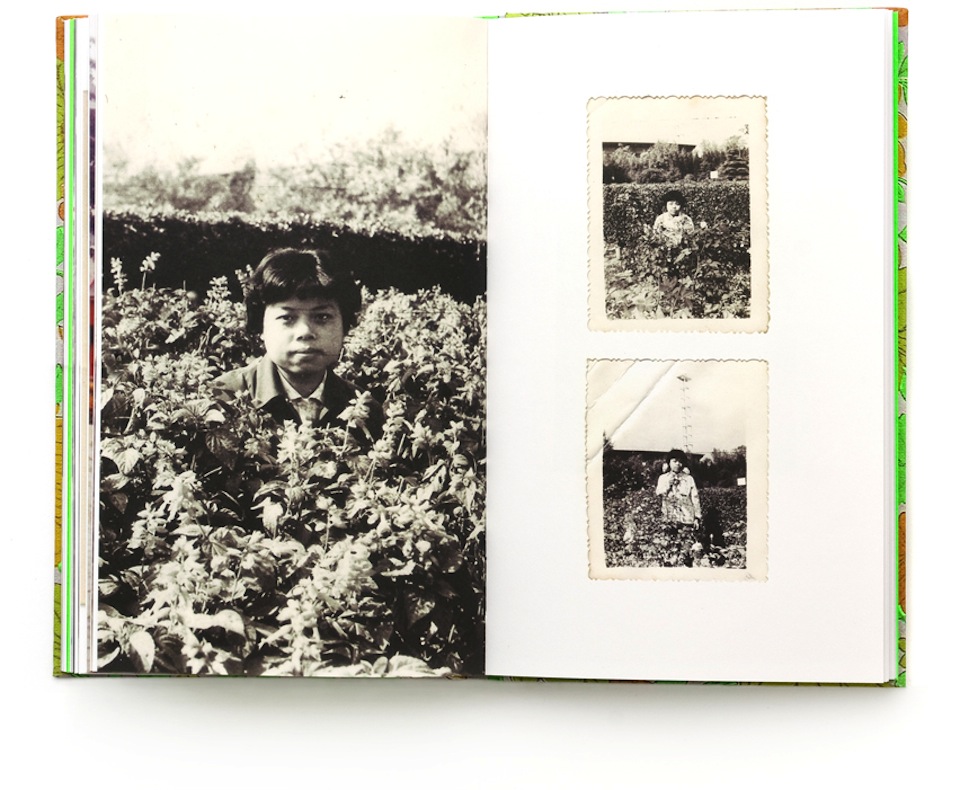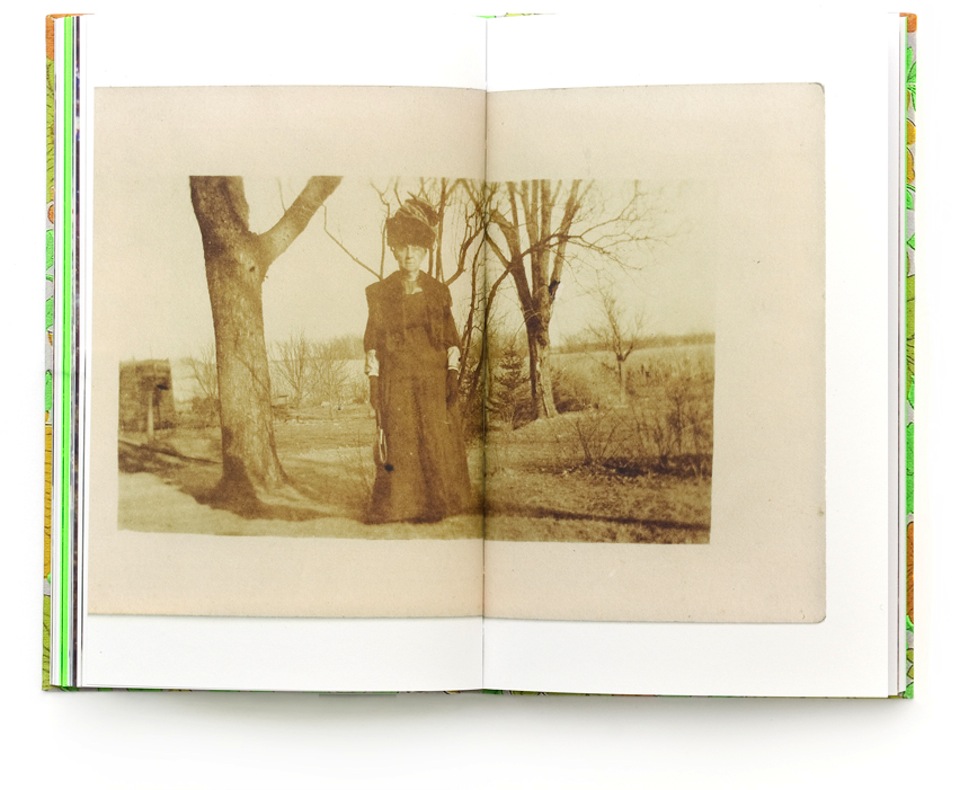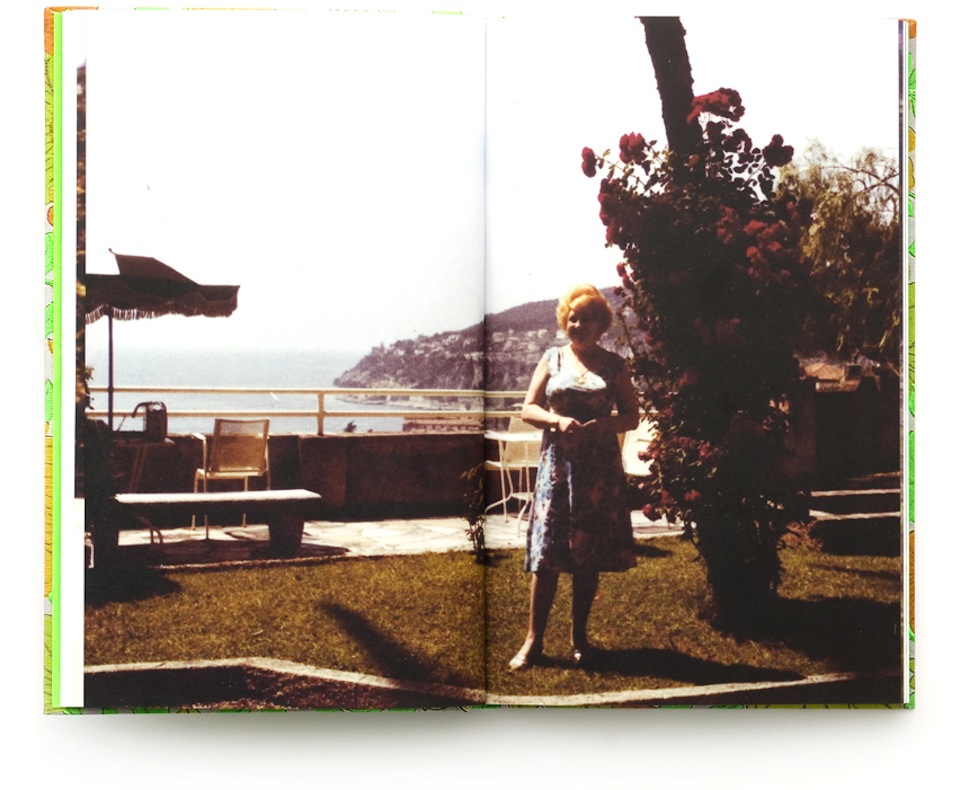BLOOM
mother nature
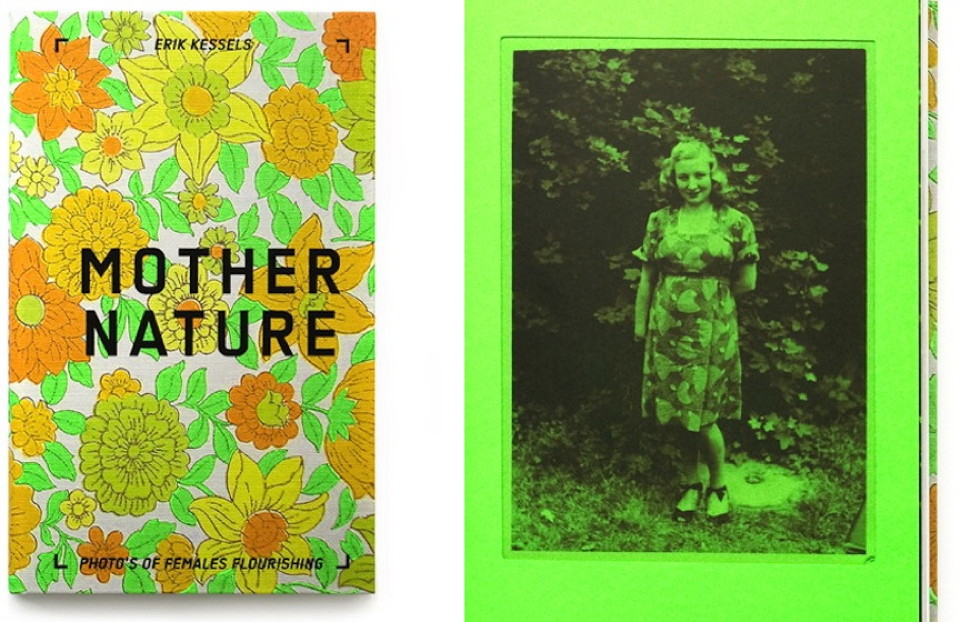
Dutch Art Director Erik Kessels changed the way we see photography. As a curator of photography, he elevated discarded amateur images to gallery status, finding beauty and insight in those pictures.
Erik Kessels brings us a new artwork, based on his own collection of photographs. In Mother Nature, he assembles photographs of women posing in front of flowered spaces, which include flowerbeds in public and private gardens, fields and beyond. This universal theme, which he identified within his own photo collection, allows us to observe repetition and difference, which weave through yielding a common narrative. The book gives us the opportunity to move between places, times, generations and cultures. The individual stories and the foreign faces create a whole within which we see our common and immutable practices.
What better description than the one given by Erik Kessels:
“Mother Nature, is an ode to found photographs made by amateurs that show females flourishing. It’s curious that a man often takes photograph of his wife in front of beautiful flowers or in nature. As if a woman needs to stand there. Or maybe she deserves it.
The photographs were collected from family albums. Once commonplace in every home, the family album has been replaced by the digital age where images are now jpegs and live online and in hard drives.
Mother Nature, is testament to the once universal appeal to document and display the mundane. Often a repository for family history, they usually represent a manufactured family as edited for display. Family Albums speak of birth, death, beauty, sexuality, pride, happiness, youth, competition, exploration, complicity and friendship.
We are all formed through our experiences, and what we witness is not always positive. Nevertheless, we usually commit only pleasant moments to our personal photos, and in particular to our family photographs.
Try flipping once through the average old-fashioned photo album. My bet is that every page will feature only laughing faces and endless images of “perfection and imperfection.”
Amateur photographers must think around corners. The lack of technical skills also makes their experimentation a necessity.
Family photographs are a form of propaganda. They try to show and sell the family in the best possible situation.»
Find the book
